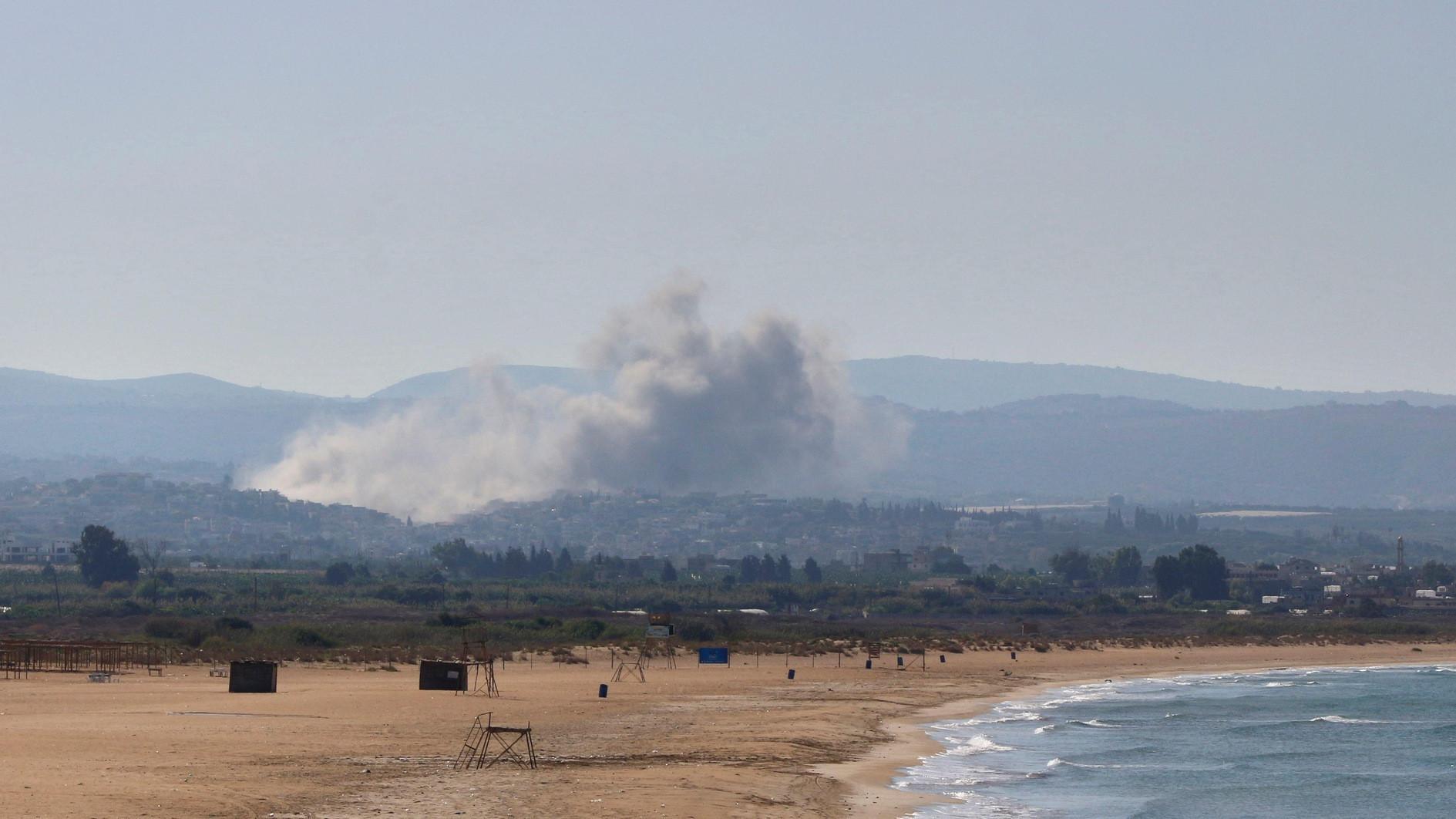
The U.N. on Sept. 27 decried the escalation in Israeli attacks targeting Hezbollah in Lebanon as "catastrophic,” warning the country was facing its deadliest period in years.
"The recent escalations in Lebanon are nothing short of catastrophic," said Imran Riza, the United Nations humanitarian coordinator in Lebanon.
"We are witnessing the deadliest period in Lebanon in a generation, and many express their fear that this is just the beginning," he warned.
Nearly 700 people have been killed in Lebanon this week, while Israel has dramatically escalated strikes, saying that it is targeting Hezbollah’s military capacities and senior Hezbollah commanders.
An Israeli security official said on Sept. 27 that any ground operation against Hezbollah in Lebanon would be carried out as swiftly as possible.
"We will try to do it as short as we can," the official told journalists, speaking anonymously in line with security rules. "I think that we are preparing that every day, and for sure that is inside our toolbox."
On the other hand, top Israeli officials have threatened to repeat the destruction of Gaza in Lebanon if the Hezbollah fire continues, raising fears that Israel’s actions in Gaza would be repeated in Lebanon.
The International Organization for Migration estimated that more than 200,000 people have been displaced in Lebanon since Hezbollah began firing rockets into northern Israel.
The U.N. refugee agency said that “well over 30,000” people have crossed from Lebanon into neighboring Syria over the last 72 hours.
An Israeli airstrike on a border village has killed nine members of the same family, Lebanon’s state-run National News Agency said on Sept. 27.
Israeli warplanes struck towns and villages in southern Lebanon and the eastern Bekaa Valley.
The fresh strikes came after the United States, France and other allies unveiled the 21-day truce.
But Israeli Prime Minister Benjamin Netanyahu rejected the ceasefire proposal, ordering the military to continue "fighting with full force.”
The White House expressed frustration at the rejection, saying the truce proposal took "a lot of care and effort” and was “coordinated with Netanyahu.”
"We wouldn't have made that statement, we wouldn't have worked on that if we didn't have reason to believe that the conversations that we were having with the Israelis in particular, were supportive of the goal there," National Security spokesman John Kirby said in a statement.
After this remark, the Israeli premier softened the tone, saying that Israel “shares the aims” of the U.S.-led initiative for a temporary ceasefire with Hezbollah after he was pilloried within his coalition for privately assenting to the plan and subsequently renounced it.
In the meantime, thousands of demonstrators took to the streets of Midtown Manhattan in protest of Israel’s war in Gaza and its recent strikes on Lebanon, denouncing Netanyahu who arrived in New York ahead of a scheduled address to the U.N. General Assembly on Sept. 27.
Several protests overlapped throughout the day, with the largest winding through Manhattan’s streets and stopping traffic. Tensions between police officers and protesters flared after dark on the Upper East Side, where roughly a dozen protesters were arrested over the course of several hours.